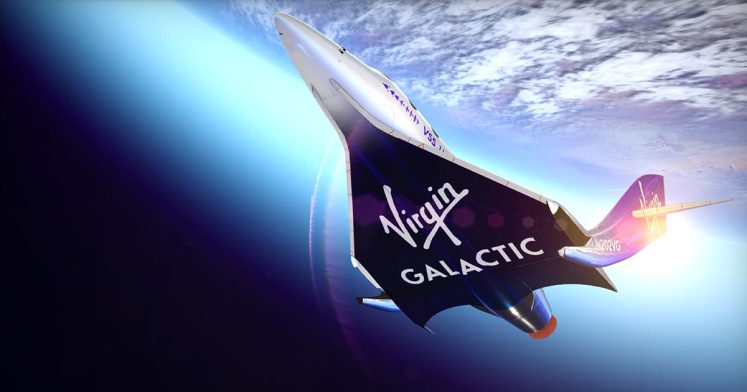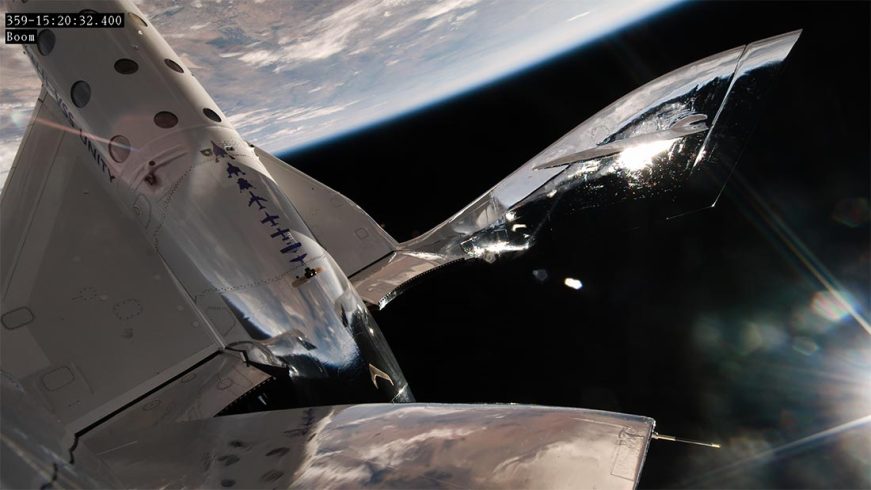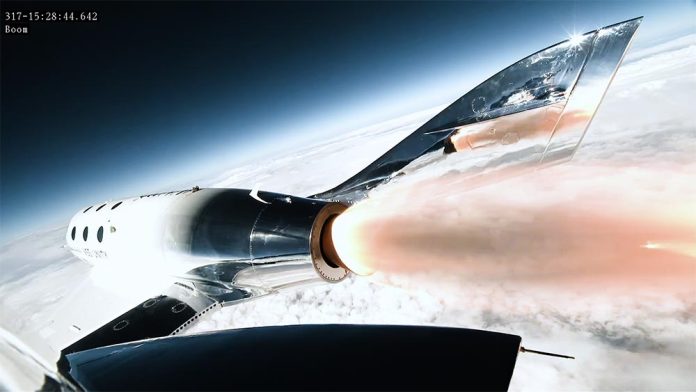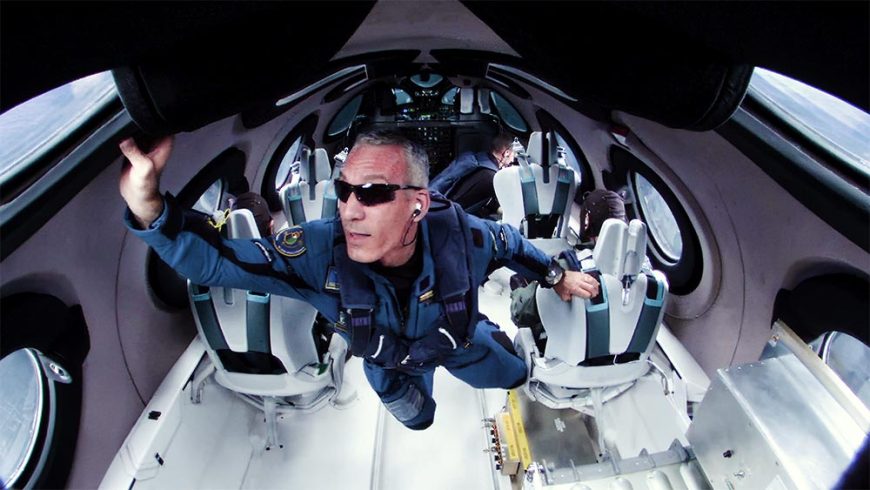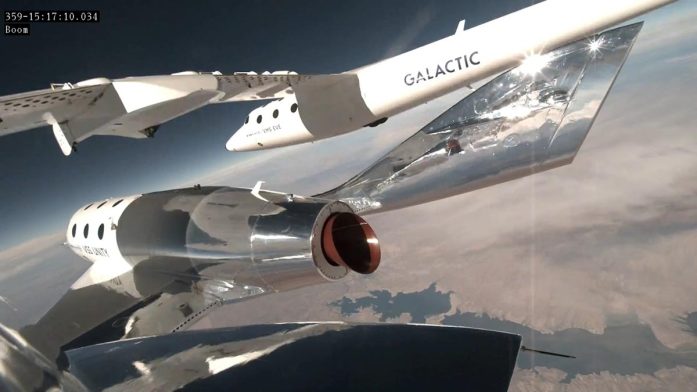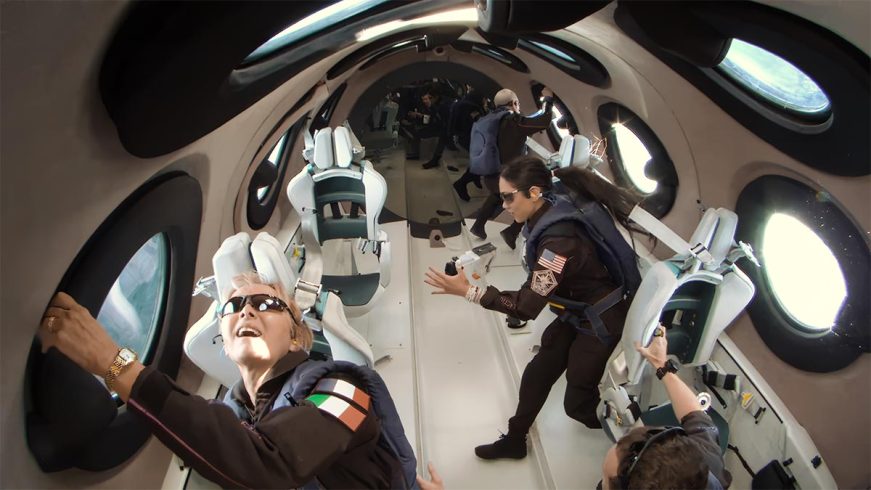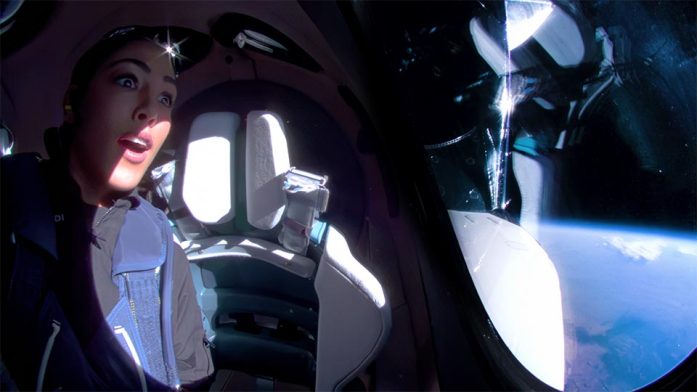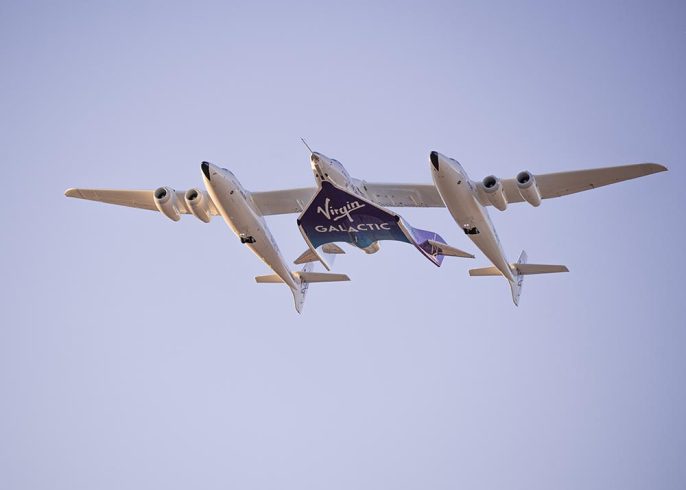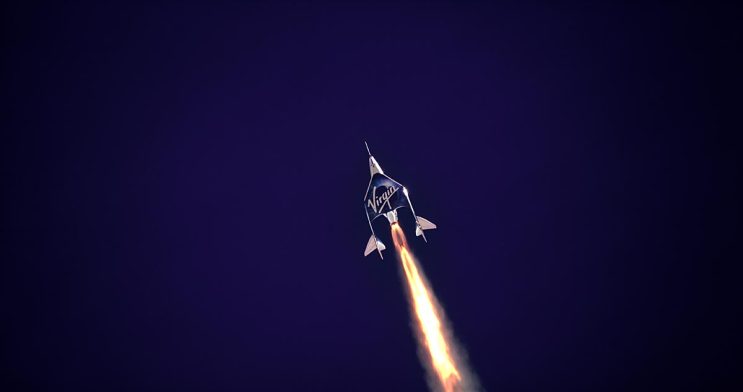Space: The Ultimate Frontier. Virgin Galactic Makes History
After 17 years of pioneering innovation, Virgin Galactic stands ready to transform space tourism from science fiction into reality. Richard Branson’s visionary company now offers an extraordinary opportunity: your personal journey beyond Earth’s atmosphere. The price of admission to this exclusive adventure? $450,000 – with good health as your only prerequisite for this life-changing experience.
4 Years in the Queue
Your cosmic adventure launches as the spacecraft, securely coupled with the Space Module, soars to an altitude of 80 kilometres in just 45 breath-taking minutes. Then comes the moment of truth – separation launches you and your fellow explorers into space at an awe-inspiring 4,000 kilometres per hour.
“Our intimate spacecraft welcomes six intrepid space tourists into its carefully designed cabin. While hovering above Earth and exposed to gravity, passengers can unbuckle their harnesses and gaze out the windows at the vast universe around them. Once in zero gravity, passengers float freely, gazing through 17 panoramic windows at the infinite cosmos surrounding them,” explains Vilma Kondratienė, who leads Glotera, Lithuania’s exclusive space travel agency.
Currently, approximately 800 adventurous souls await their turn to touch the stars. While Virgin Galactic initially planned monthly launches, they now aim to fulfil all current reservations by late 2027. New astronauts-in-waiting should prepare for a four-year countdown to their cosmic journey.
“Yes, $450,000 represents a significant investment,” V. Kondratienė reflects, “but as US bioastronautics scientist Kellie Gerardi beautifully puts it – you could buy a premium Bentley for the same price, but while luxury cars abound, the chance to experience space remains truly singular.” Glotera offers thrilling, unique travel experiences, including submarine voyages, underwater hotels, and various flights – but space travel remains the most expensive offering. “Most clients choose adventures at a quarter of this price point, making space travel equivalent to four luxury getaways,” notes V. Kondratienė.
Before liftoff, future astronauts undergo comprehensive training and medical evaluations at New Mexico’s advanced Spaceport facility. Success in these preparations grants access to an elite community of space travellers, with official astronaut status bestowed upon crossing Earth’s orbit. Among the Baltic nations, Estonia currently claims the distinction of being the only country whose citizen has completed a Virgin Galactic space mission.
Space is the Future of Humanity
The cosmos holds the key to humanity’s destiny, and Molėtai Observatory Director, Assoc. Prof. Gražina Tautvaišienė, passionately believes that space is where our future lies. While she acknowledges that the solar system may not be habitable for humans for many years to come, she emphasises the critical need to prepare for this future by pushing the boundaries of technology and advancing essential research.
“For decades, space exploration was seen as a realm reserved for superhumans – astronauts who undergo rigorous training, master complex tasks, and demonstrate extraordinary mental resilience,” says Tautvaišienė. “But today, space tourism is opening the door for ordinary people to experience the wonders of the cosmos. While astronauts focus on missions, space travellers seek the thrill of seeing Earth from above and creating unforgettable memories. But the expressions of joy seen in those returning from space are quite telling – they suggest that the experience is truly remarkable.” says Tautvaišienė.
As President of the International Astronomical Union’s Local Universe Commission, Tautvaišienė views space tourism as more than just a leisure activity. She sees it as a strategic step toward acclimating humanity to the realities of future space travel, blending adventure with purpose.
Earlier this year, Sara García Alonso, a Spanish biotechnology expert and astronaut candidate, visited Lithuania and shared her perspective. She shared an intriguing insight: “In addition to physical attributes, a person’s character and psychology are given significant weight in the selection process. Excitement and impulsivity can lead to mistakes, which is why we train to stay calm and focused. While I wouldn’t take a spaceflight for leisure, I would absolutely do it for science or to ensure humanity’s survival. I’ve never been drawn to extreme physical sensations. However, if it were for scientific research or to escape an existential threat, I would certainly take the flight.” assures Tautvaišienė.
